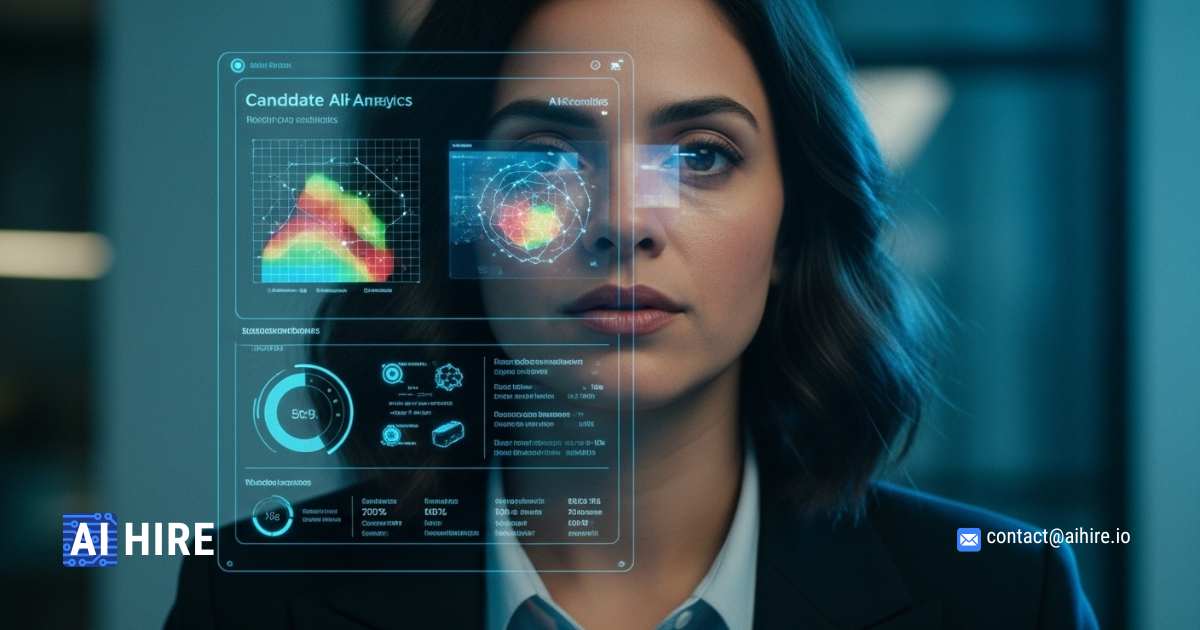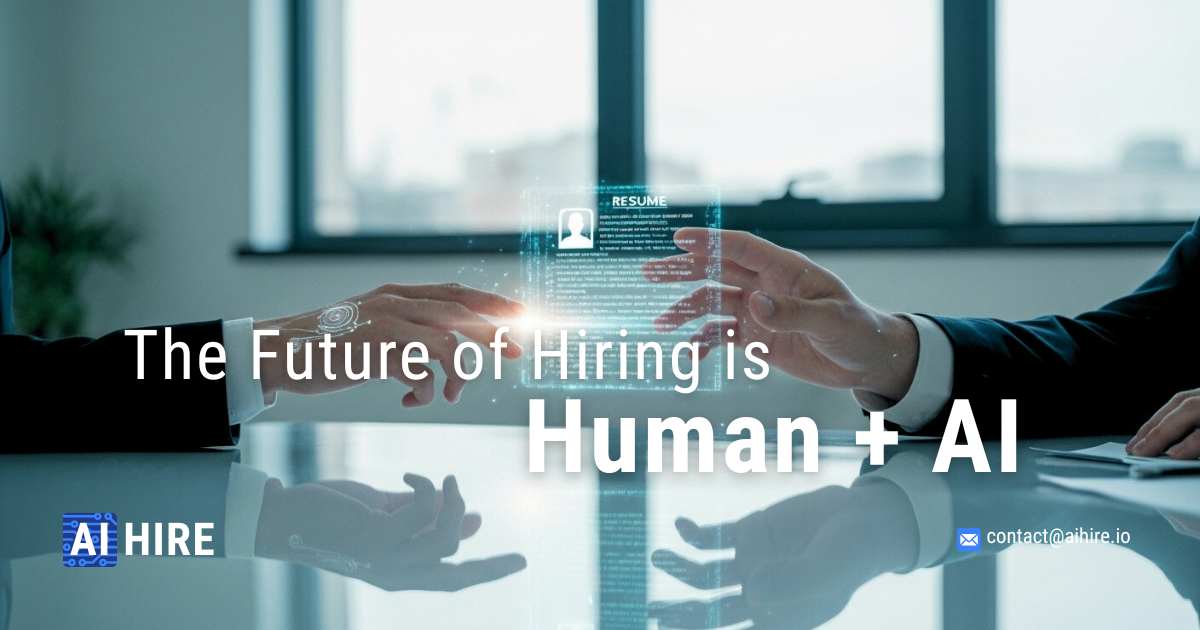How AI Eliminates Bias and Where Humans Still Matter Most
Hiring bias is a quiet thief. It slips into decisions when we least expect it. A familiar name. A shared background. A resume that somehow feels “right.” These subtle human instincts, though natural, can shape entire organizations and limit the diversity that drives innovation.

Now imagine if we could make those judgments fairer, faster, and more objective. That’s where artificial intelligence is stepping in. AI hiring tools are reshaping recruitment by focusing on data instead of assumptions. They assess skills, analyze experience, and measure fit without caring about last names or accents. But even as algorithms become more capable, there are moments when only a human touch can see what the data can’t.
The Hidden Bias Behind Every “Gut Feeling”
No recruiter wakes up planning to be biased. Yet even the most well-intentioned hiring managers are influenced by unconscious preferences. We naturally gravitate toward people who remind us of ourselves. Studies have shown that identical resumes with different names still get different responses. It’s not malice—it’s human psychology.
Bias affects more than just fairness; it affects performance. When qualified candidates are overlooked because of unconscious bias, companies miss out on talent that could have changed their trajectory.
How AI Brings Fairness to the Process
AI hiring systems start from a different place. They don’t have gut feelings or favorites. They analyze structured data: skill scores, work samples, and experience patterns. When designed well, these systems create a level playing field where every candidate gets the same evaluation.
At AIHire.io, our algorithms focus on merit. Assessments measure problem-solving skills and communication ability. Interviews are analyzed for clarity and relevance, not tone or accent. The result is a hiring process that values capability over perception.
Of course, this doesn’t mean AI is perfect. Algorithms learn from data, and data can reflect past bias. The real advantage comes when humans and AI work together to spot and correct those patterns early.
Where Humans Still Matter Most
Recruitment is not just about matching skills; it’s about finding people who will thrive within a team. This is where human insight is irreplaceable. AI can recognize competence, but it doesn’t sense potential, creativity, or emotional intelligence.
Humans bring context. They understand when a candidate’s unconventional background signals resilience or when an interview answer reveals empathy. These are the subtleties that make great teams work.
Human oversight also keeps the system honest. Someone must continually test, audit, and refine AI models to ensure they remain fair. Technology should serve human values, not replace them.
The Sweet Spot: AI and Humans in Partnership
The future of recruitment isn’t about choosing sides. It’s about balance. AI handles the heavy lifting—sorting thousands of resumes, scoring assessments, and flagging top matches. Humans then step in to interpret, decide, and connect.

Together, they create a process that’s not just efficient but genuinely fair. AI removes the noise. Humans bring the nuance. The result is smarter hiring and more diverse teams.
Quick Questions People Ask
How does AI reduce hiring bias?
It evaluates skills and qualifications objectively, ignoring names, gender, or background.
Can AI ever be completely unbiased?
Not completely. Bias can enter through the data it learns from, which is why ongoing human review is essential.
Why do we still need recruiters?
Because empathy, intuition, and cultural understanding still matter. Recruiters bring meaning to the data and ensure the experience stays human.
The Takeaway
AI can process information without prejudice, but only humans can provide understanding. The most progressive organizations already know this. They let AI do what it does best—analyze—and let people do what they do best—connect.
The future of hiring is not artificial or human. It’s both, working in sync to create opportunities that are fairer and smarter for everyone.
If you want to explore how this balance can work in your company, try AIHire.io. Our AI interviewer and skill assessments are designed to help you build a fair and capable team, powered by data and guided by human insight.